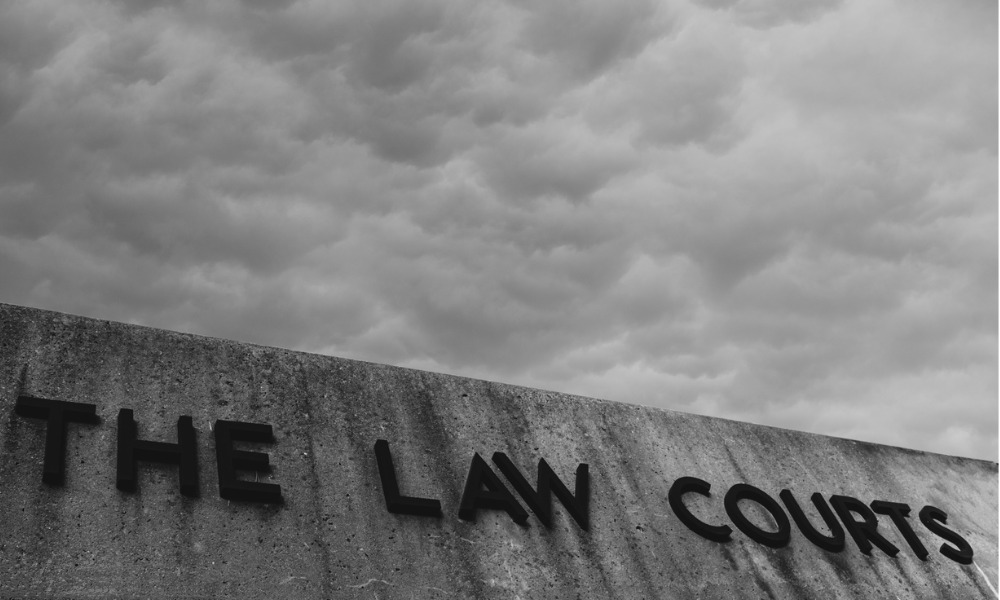Today’s update for courthouses across Canada

Courts across Canada are taking extraordinary measures to control the spread of the new coronavirus COVID-19. Below is a roundup of actions courts are taking across the country.
Federal
News Release (dated Apr. 29)
Since the hearings set for March, April and May have been adjourned, the court is now announcing the new dates for some of these hearings, which will be conducted via video-conference. Some are set for dates in June, while others will take place in September. The rest of the hearings will push through during the regular fall session. Chief Justice Richard Wagner expressed approval for everyone’s cooperation, flexibility, creativity and resourcefulness during these times.
Practice Direction and Order (COVID-19): Update #2
Subject to certain exceptions, the court is extending the suspension period to May 29. Exceptions include urgent or exceptional matters, case management hearings, adjudications in writing, some matters requested by parties and matters which the court has determined are ready or close to being ready to move forward. The court has broadened the range of matters that may proceed by teleconference, by video-conference or in writing while the suspension period lasts.
British Columbia
Notice to Public Regarding Access to Court Proceedings During the COVID-19 Pandemic
This notice outlines changes to the court’s processes during the pandemic with regard to access to teleconference and video-conference proceedings, access to court records and media access to court proceedings and to digital audio recordings.
Notice to the Public Regarding Videoconference Proceedings in the Court of Appeal
This notice lists the steps for participating in video-conference appeal hearings, and addresses the questions of what attire to wear, whether microphones should be muted and whether participants should be sitting, standing or bowing at specific points during the hearing.
COVID-19 overview of the appeal process
This flowchart outlines the appeal process, explaining document filings needed at different steps and the relevant filing and service deadlines.
Alberta
Legal Aid Alberta assistance with emergency protection order review hearings
Legal Aid Alberta is offering remote legal assistance for emergency protection order review hearings, as well as accepting applications via phone for criminal matters, emergency and urgent family matters, emergent parenting issues and immigration cases. Legal Aid Alberta has also shared COVID-19 resources relating to co-parenting and supports for victims of family violence.
Saskatchewan
Provincial Court of Saskatchewan
Small Claims Court Update
Effective immediately, the court will commence hearing, by telephone or by electronic methods, some matters and interim applications, including first appearances, case management conferences and applications to set aside default judgments.
Nova Scotia
COVID-19: Supreme Court (General Division) to allow tele-chambers in Halifax
Effective May 4, the court is permitting general chambers matters in Halifax to move forward via the telephone. Since the court is no longer requiring the judge and the judicial assistant to be physically present in the courtroom, this is the first step for the court to begin conducting completely remote proceedings. The documents required for general chambers and appearance day matters should be filed via email or fax, and filing fees can be paid through an invoicing system, in most cases.
Newfoundland and Labrador
Provincial Court of Newfoundland and Labrador
Revised — COVID-19 Operational Plan — Expansion Of Operations — Virtual Court
Equipped with enhanced video capabilities, the court can now hear a broader range of matters, including those that can be efficiently and effectively presented for adjudication without the need for an in-person appearance in the courtroom. Parties wanting their matters heard should apply in writing for leave of the court.










